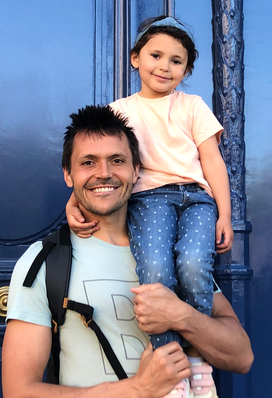|
I'm currently an assistant professor at the University of California, Los Angeles (UCLA), with joint appointments in the interdepartmental Program in Indo-European Studies (PIES) and in the Department of Near Eastern Languages and Cultures (NELC). I received my PhD from PIES in 2017, then spent time as a Humboldt Research Fellow in the Lehrstuhl für Historische und Indogermanische Sprachwissenschaft at Ludwig-Maximilians-Universität München before returning to UCLA.
I specialize in Indo-European comparative-historical linguistics and in the philology and linguistics of the Anatolian languages, with particular focus on Hittite. My research is concerned broadly with the synchronic and historical grammar of the Anatolian languages, and with how these inform our understanding of the rest of the Indo-European language family. Some aspects of my recent research are outlined below; downloadable versions of my publications and conference handouts/posters/slides are available here. Feel free to contact me with any questions here. |

|
[ News ]
- 7/1/2024: Today I'm in Athens, GA for the 43rd Annual East Coast Indo-European Conference. I'll be talking about the diachrony of vowel deletion from (pre-)Proto-Indo-European into the attested Indo-European languages. You can check out the slides here.
- 6/17/2024: I have a new paper coming out in Indogermanische Forschungen, which is concerned primarily with the Anatolian reflexes of Indo-European τομή- and φυγή-type formations and their implications for our understanding of Anatolian and Indo-European morphology and phonology. The manuscript is available here — comments welcome!
- 3/22/2024: I am in Chicago today for the 234th Annual Meeting of the American Oriental Society, where I'll be presenting joint work with Craig Melchert on the phenomenon of hyperbaton in Hittite. The handout is available here.
- 12/4/2024: Today I'm in Edinburgh for the Sixth Edinburgh Symposium on Historical Phonology. I'll be delivering a paper this afternoon on vowel deletion in the ancient Indo-European languages. I argue that cyclic vowel deletion should be reconstructed for Proto-Indo-European itself — check out the slides here.
